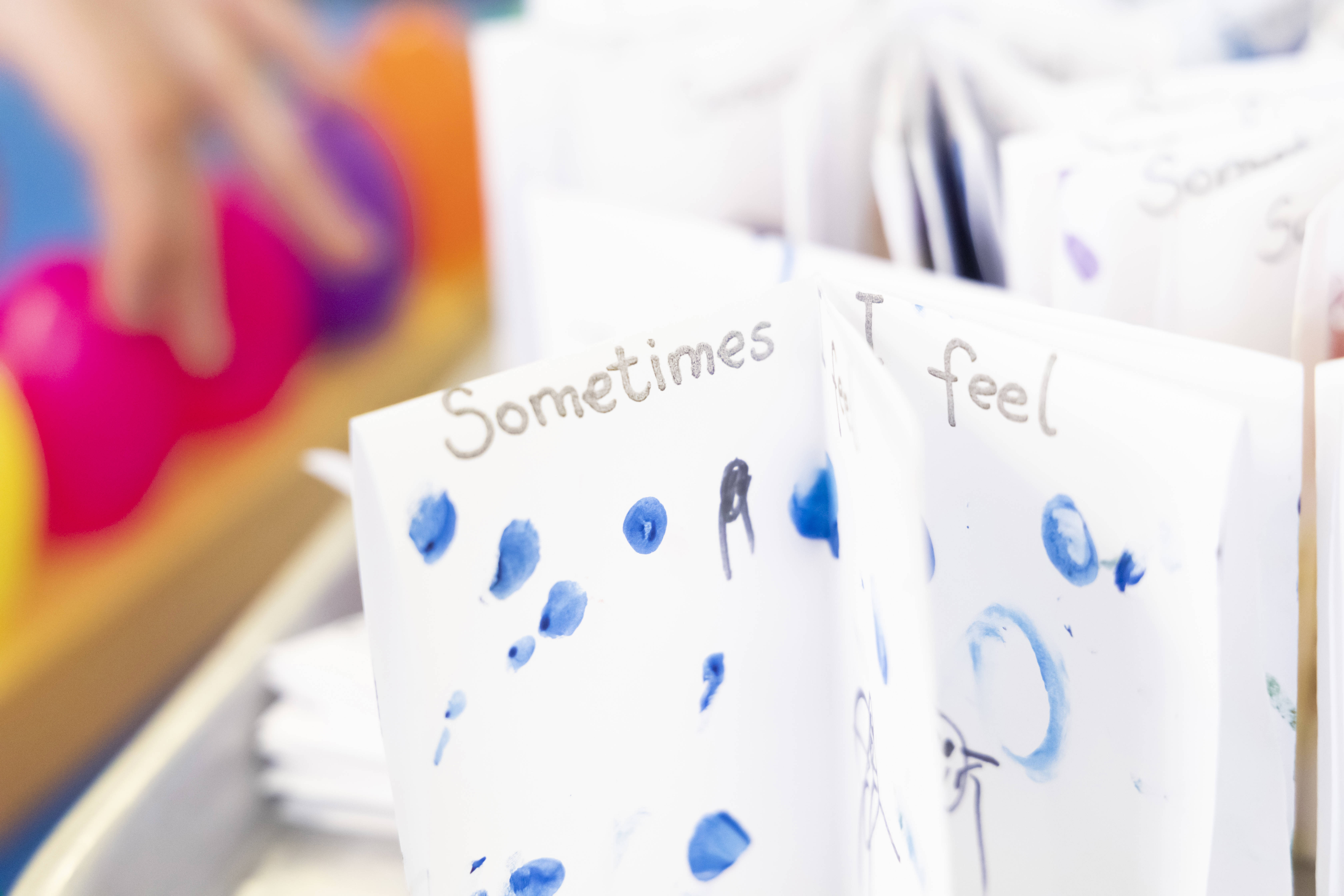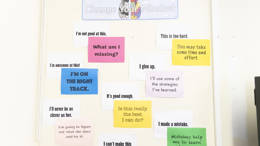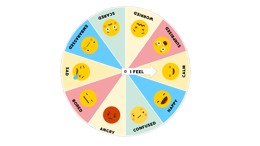Mental health services for schools in Northern Ireland
Understanding and mapping your local service landscape is an important factor in planning and improving children and young people’s access to support.

Schools in Northern Ireland will teach pupils about mental health and wellbeing as part of the curriculum subjects Personal Development and Mutual Understanding (PD&MU) at primary level, and Learning for Life and Work at secondary level.
However, many schools will want to take this further and support children and young people’s mental wellbeing outside of the curriculum too. A key part of developing an effective whole-school approach to mental health is understanding the different services that are available, for schools but also in the wider community.



 Author
Author
